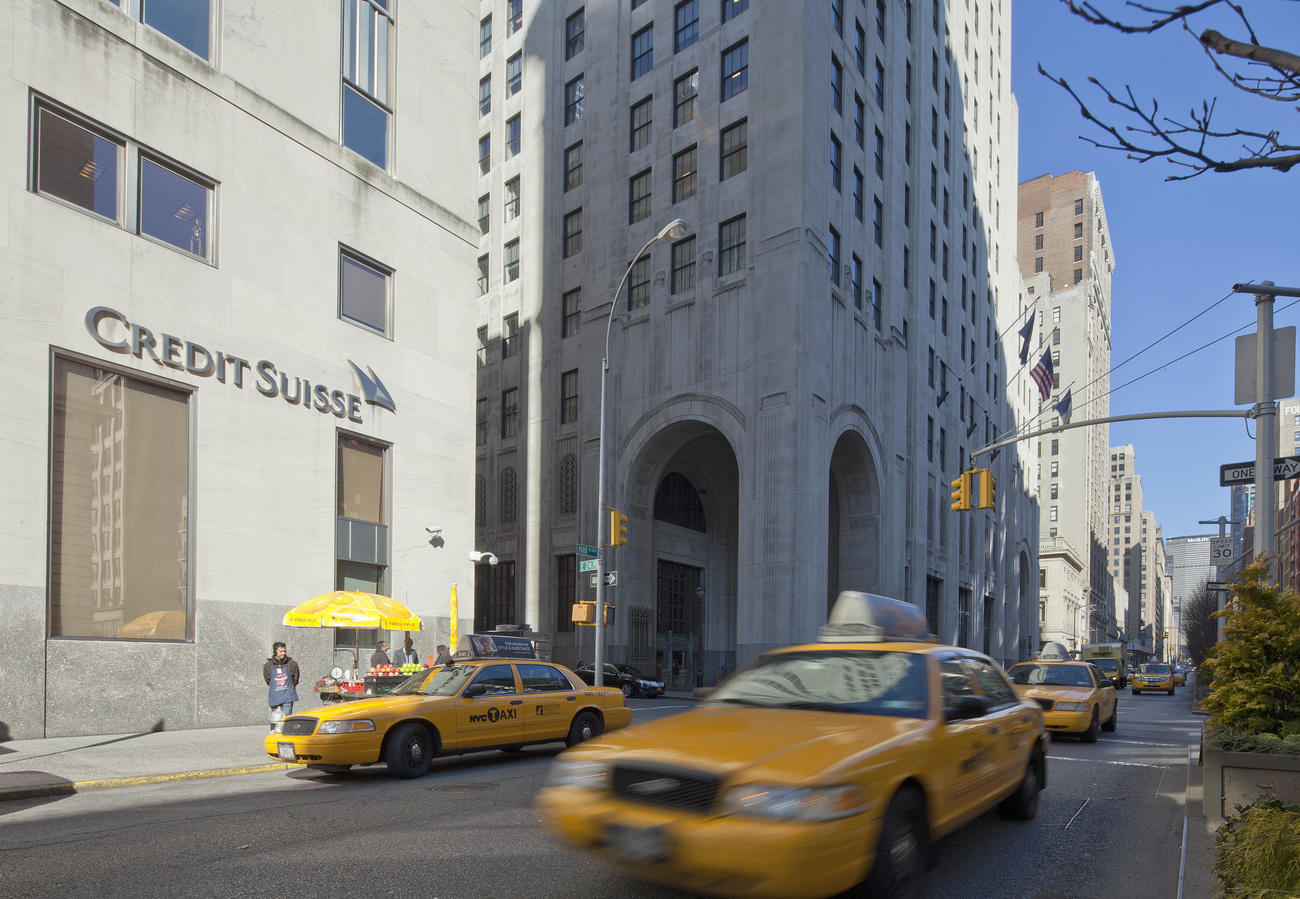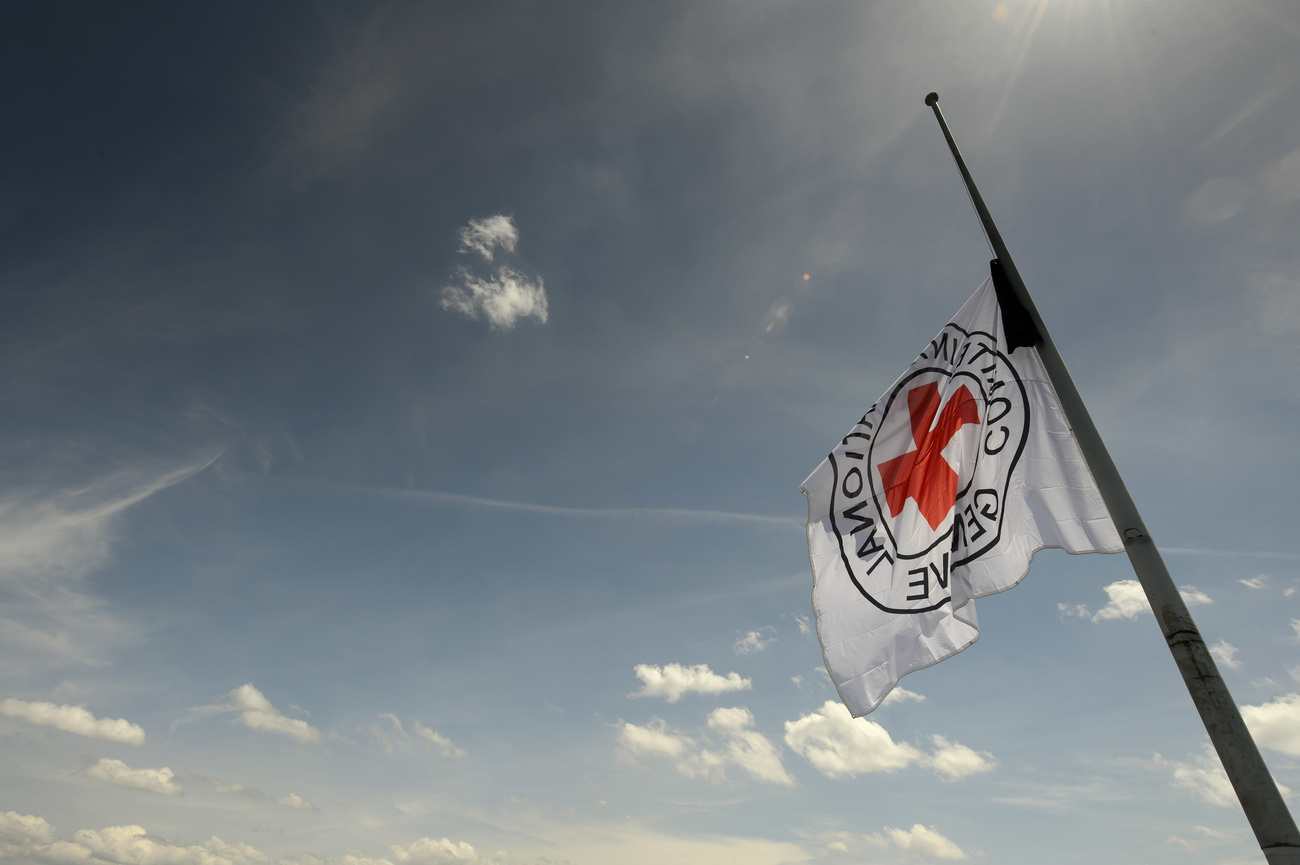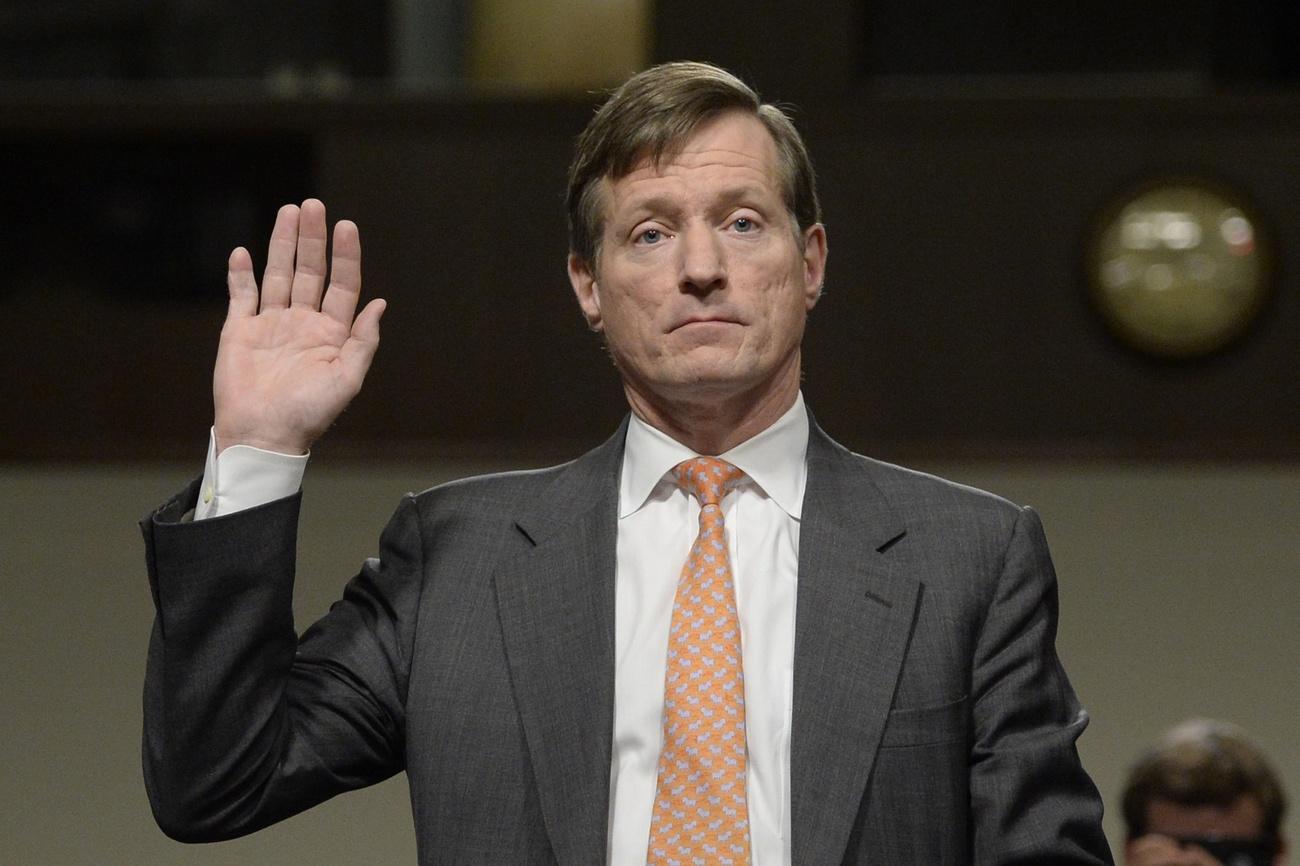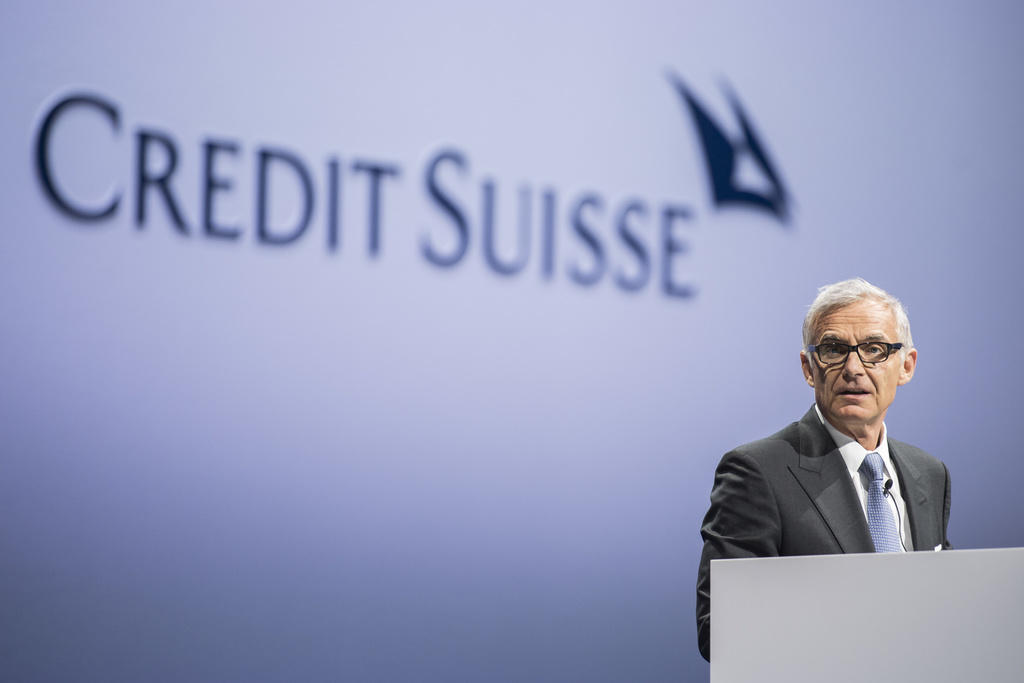Credit Suisse singled out over ‘weakness’ in Fed stress test

The US Federal Reserve has demanded Credit Suisse fix “weaknesses” in its capital plans before it will allow the US arm of the bank to increase payments to its parent in Switzerland, following annual stress tests that otherwise painted a healthy picture of the industry.
The Swiss bank is the only major bank to have to submit a revised capital plan before being allowed to make its requested payouts. While it was the best capitalised bank in the stress test, officials said they were not happy with the way it forecast what its trading losses might be in a severe downturn.
In contrast, Deutsche Bank, the troubled German bank which failed last year’s test, passed without further question this year, along with all 16 other major institutions — even though the Fed’s test this year made tougher assumptions about a severe economic downturn than it did 12 months ago.
Randal Quarles, the vice-chair of the Fed, said: “The stress tests have confirmed that the largest banks are both well-capitalised and place a high priority on strong capital planning practices. The results show that these firms and our financial system are resilient in normal times and under stress.”
Eric Varvel, chief executive of Credit Suisse USA, said: “We acknowledge the concerns relayed by the Fed and fully expect to remediate the issues by the October deadline given.”
The results mean that large US-listed banks will now be able to make higher dividend payouts and share buybacks. Bank of America, for example, said it would increase its dividend by 20%, while Citigroup said it would raise its payout by 11%.
According to an analysis by RBC Capital Markets, banks are planning to pay out $190 billion to shareholders in the next year, up 17% on the previous year.
Gerard Cassidy, a research analyst at RBC Capital Markets, said: “The big banks are making larger payouts than expected. Dividends are up, buybacks are up, and the banks are all well capitalised.”

Healthier situation
The results show that US regulators are more comfortable with the health of the US banking system than they were a year ago, when Deutsche failed and two other banks — Goldman Sachs and Morgan Stanley — were required to submit updated plans. State Street was also required to adjust its plans for how it manages risk under stress last year.
This year, two banks — JPMorgan and Capital One — had to resubmit their plans shortly before the deadline before being judged to have passed. Both banks only narrowly cleared the Fed’s required minimum for what they judged their capital ratio would be under a severe downturn, after accounting for payouts to shareholders.
Jamie Dimon, the chief executive of JPMorgan Chase, said: “We are pleased to have the capacity and flexibility to return excess capital to our shareholders as we maintain a fortress balance sheet that provides the ability to withstand extreme stress.”
Capital One said it would maintain its quarterly dividend of $0.40 a share.
The Fed said that since the first round of stress tests in 2009, the largest and most complex banks had doubled their common equity capital — a measure of financial health — from about $300 billion in total to about $800 billion.
Those results meant that Deutsche Bank, which is the subject of several investigations in the US, will now be able to make planned payments back to its Frankfurt headquarters. The Fed has separately asked for more details, however, on Deutsche’s plans to create a “bad bank”, which could involve shrinking or closing many of its US operations.
A senior Fed official said Deutsche Bank had stepped up efforts to address the regulatory and supervisory issues facing its US division, but the central bank was still monitoring its progress.
Regulators will now give Credit Suisse four months to address the weaknesses they identified in the stress test, during which time the bank will only be able to make the same level of payouts to its parent it was authorised to do last year.
Copyright The Financial Times Limited 2019

In compliance with the JTI standards
More: SWI swissinfo.ch certified by the Journalism Trust Initiative













You can find an overview of ongoing debates with our journalists here . Please join us!
If you want to start a conversation about a topic raised in this article or want to report factual errors, email us at english@swissinfo.ch.